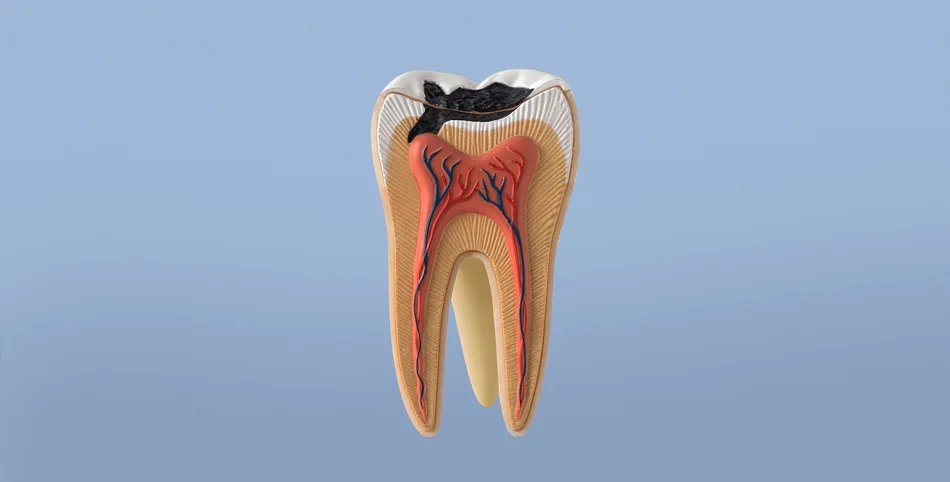Stem cells have been hailed as one of the most promising advancements in the medical field, offering the potential to treat a range of diseases and conditions that currently have limited treatment options. Their unique ability to develop into various cell types presents groundbreaking opportunities for regenerative medicine and therapeutic interventions. In this article, we will explore what stem cells are, their potential applications, and how they could revolutionize healthcare as we know it.
What Are Stem Cells?
Stem cells are undifferentiated cells with the remarkable ability to develop into specialized cells in the body. They serve as a sort of internal repair system, capable of dividing indefinitely to replenish other cells. There are two main types of stem cells:
- Embryonic Stem Cells: Derived from early-stage embryos, these cells can differentiate into any cell type in the body, making them incredibly versatile.
- Adult Stem Cells: Found in various tissues, such as bone marrow and fat, adult stem cells have a more limited ability to differentiate but still play a crucial role in repairing damaged tissues.
Potential Applications of Stem Cells in Medicine
The potential applications of stem cells are vast, with ongoing research focused on several key areas:
- Regenerative Medicine: Stem cells can be used to repair or replace damaged tissues and organs. For instance, they hold promise for treating conditions such as heart disease, diabetes, and spinal cord injuries.
- Cancer Treatment: Stem cells are being investigated for their potential in cancer therapies, particularly in developing targeted treatments that could minimize damage to healthy cells while effectively targeting tumors.
- Genetic Disorders: Stem cell therapy could offer a means of treating genetic disorders by correcting defective genes and producing healthy cells.
- Drug Development and Testing: Stem cells can be used to create models of human diseases, allowing researchers to test new drugs and treatments in a laboratory setting, leading to more effective therapies.
The Promise of Stem Cell Research
Stem cell research is advancing rapidly, with numerous clinical trials underway to evaluate their safety and efficacy in various applications. For example, recent studies have demonstrated the potential of stem cells in treating conditions such as:
- Parkinson’s Disease: Researchers are exploring the use of stem cells to replace damaged neurons in patients with Parkinson’s, potentially restoring motor function.
- Multiple Sclerosis: Stem cell therapy is being investigated as a way to repair myelin sheath damage caused by this autoimmune disease.
- Type 1 Diabetes: Scientists are working on developing insulin-producing cells from stem cells, which could offer a cure for this chronic condition.
Ethical Considerations
While the potential of stem cells is exciting, ethical considerations remain a significant aspect of the discussion. The use of embryonic stem cells raises moral questions about the sourcing of these cells. However, advancements in induced pluripotent stem cells (iPSCs)—adult cells reprogrammed to an embryonic-like state—offer a promising alternative, circumventing some of the ethical dilemmas associated with embryonic stem cell research.
Conclusion
The revolution of stem cells in medicine holds immense promise for the future, offering innovative solutions to some of the most pressing health challenges we face today. As research continues to progress, stem cells could change the landscape of medical treatment, transforming how we approach healing and regeneration.
If you are interested in learning more about stem cell therapy or exploring the latest developments in this field, consider consulting healthcare professionals or reputable medical institutions specializing in regenerative medicine.




